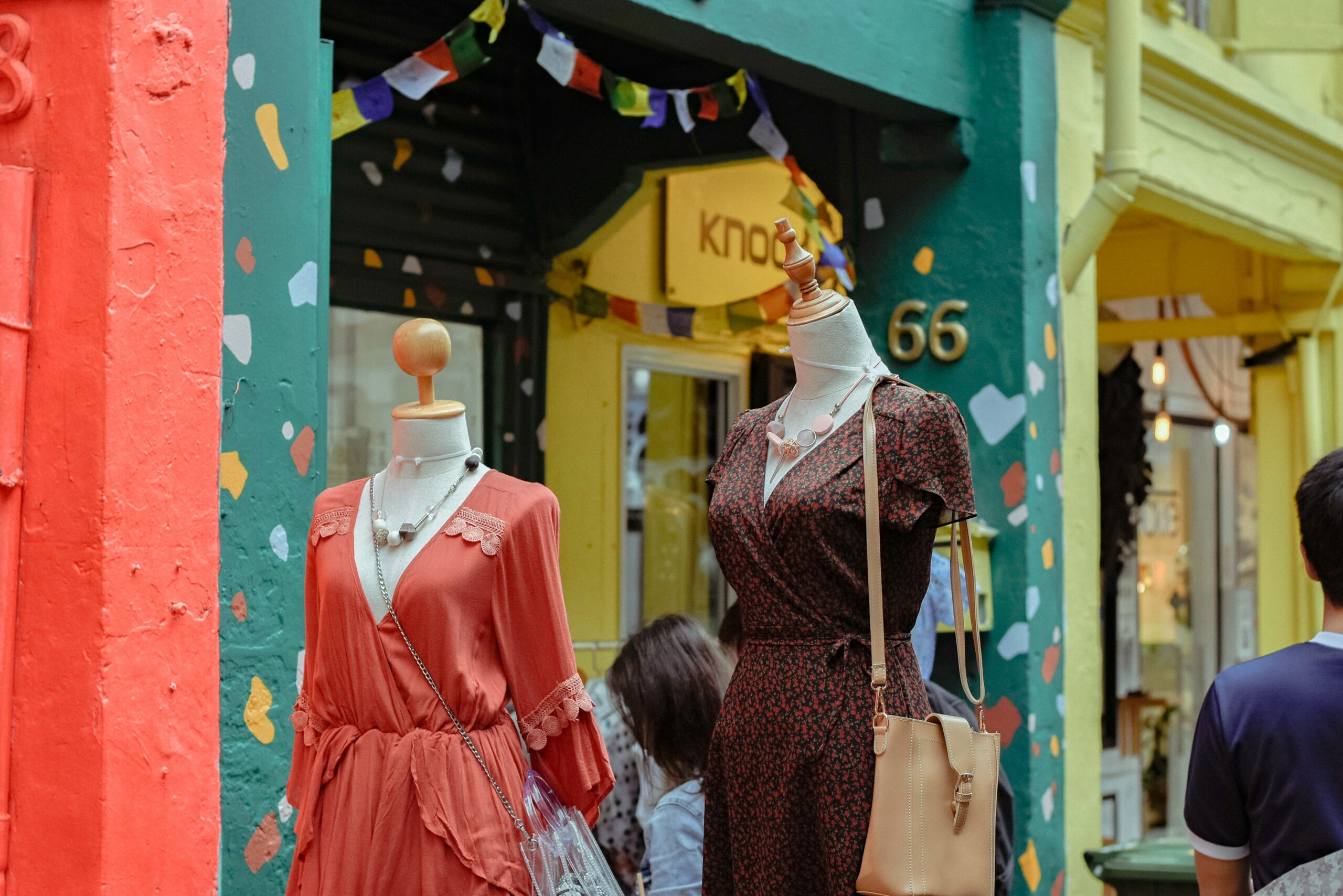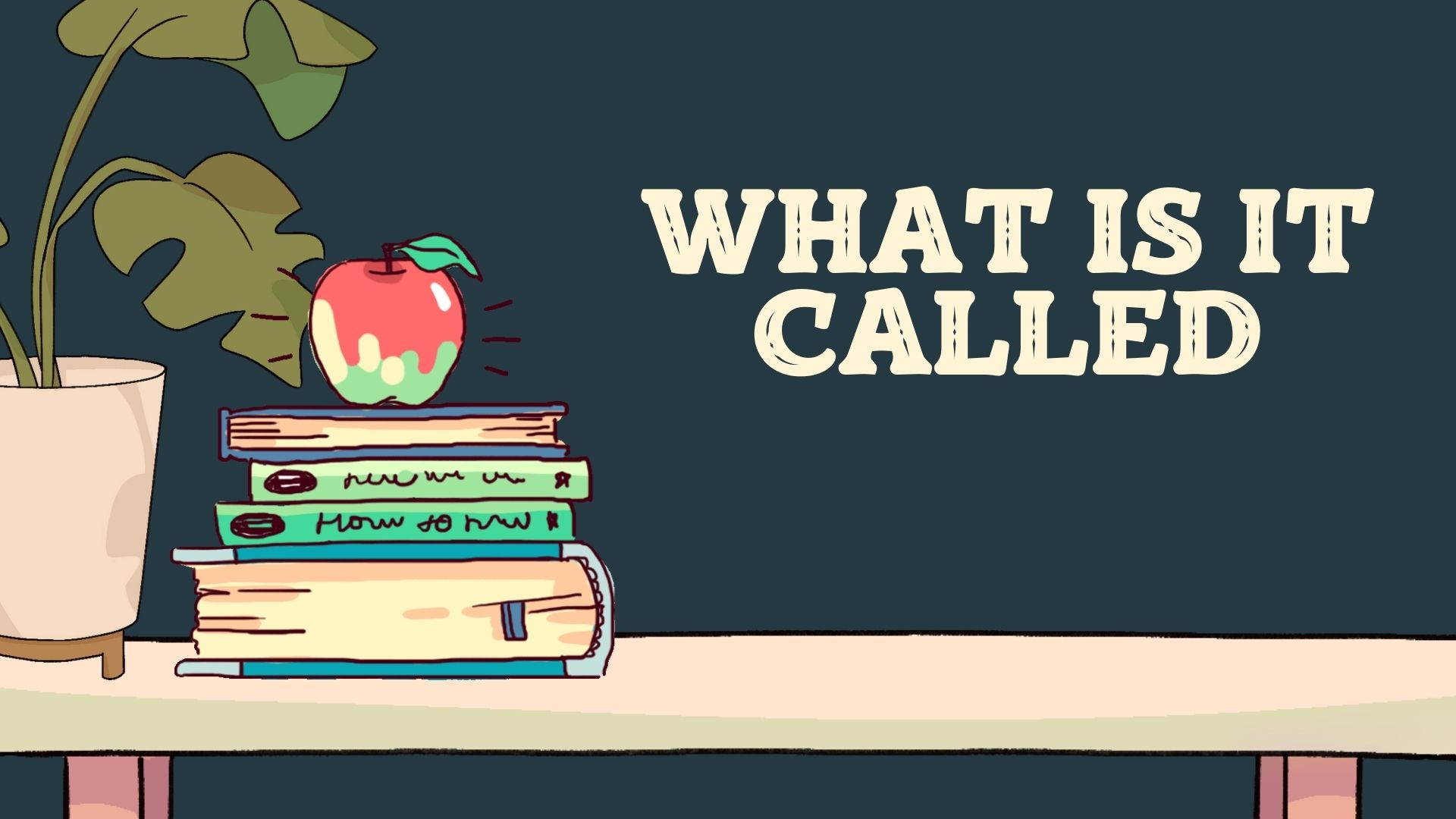In a world where filters reign supreme and makeup tutorials flood our social media feeds, Doja Cat’s no-makeup selfie has caused quite a stir. Some argue that it challenges traditional beauty standards and promotes self-love, while others believe it reinforces unrealistic expectations of natural beauty. So, which is it? Let’s dive into the debate and explore what this viral moment says about our society’s relationship with appearance.
Who is Doja Cat?
Doja Cat, real name Amala Ratna Zandile Dlamini, is a 21-year-old American rapper, singer, and songwriter. She first gained attention on the internet in 2014 with her song “Mooo!”, which went viral on social media. Since then, she has released two albums, “Amala” and “Hot Pink”, and has become known for her unique style and sound.
Doja Cat’s no-makeup selfie challenge started on TikTok, where she encouraged other women to post their own no-makeup selfies. The challenge quickly went viral, with many women sharing their own photos and stories. While some praised Doja Cat for her confidence and bravery, others criticized her for reinforcing beauty standards that are unrealistic and unattainable for most women.
Whether you love or hate Doja Cat, there’s no denying that she’s a force to be reckoned with. She’s unapologetic about who she is and isn’t afraid to challenge societal norms. Love her or hate her, you have to respect her for that.
What was the backlash to her no-makeup selfie?
Since the release of her song “Mooo!,” Doja Cat has been praised for her fun and quirky personality. However, some fans were shocked when she posted a makeup-free selfie on Instagram. While many people applauded her for embracing her natural beauty, others criticized her for not living up to society’s standards of beauty.
Some people argue that Doja Cat is actually reinforcing beauty standards by posting a makeup-free selfie. They say that she is sending the message that it’s okay to be barefaced as long as you have perfect skin, full lips, and a slim figure. Others argue that she is challenging beauty standards by showing that you can be beautiful without wearing any makeup.
What do you think? Is Doja Cat’s no-makeup selfie empowering or problematic?
How did Doja Cat respond to the backlash?
In the wake of the backlash, Doja Cat took to Twitter to defend herself. She argued that she was just trying to show her fans that she is comfortable in her own skin and that she does not need makeup to feel beautiful. She also pointed out that many other celebrities have posted similar no-makeup selfies and have not received nearly as much criticism. Doja Cat’s response was praised by many fans who appreciate her honesty and confidence.
What does this incident say about beauty standards in society?
Beauty standards are often seen as superficial and unfair, particularly to women. They can be seen as a form of oppression, dictating how women should look and present themselves to the world. Doja Cat’s no-makeup selfie is a challenge to these standards.
Without makeup, she is still beautiful and confident. This sends the message that you don’t have to conform to society’s expectations of what is considered beautiful. You can be comfortable in your own skin and still be beautiful.
While some may see this as a positive act, others may view it as reinforcing beauty standards. After all, she is still conforming to the standard of being conventionally attractive. She is still adhering to the notion that there is a certain way that women should look.
So, while Doja Cat’s no-makeup selfie may be seen as empowering to some, it also highlights the problem with beauty standards in society. They are unrealistic and unattainable for many women, which can lead to feelings of inadequacy and insecurity.
Conclusion
Doja Cat’s no-makeup selfie is a controversial one, and it’s hard to conclusively say whether or not she is challenging beauty standards. However, it does present an opportunity for us to have essential conversations about societal expectations and the need to normalize different forms of self-expression. Ultimately, we must recognize that beauty isn’t just about what we look like on the outside, but rather how we feel inside and how we embrace our unique individuality.




